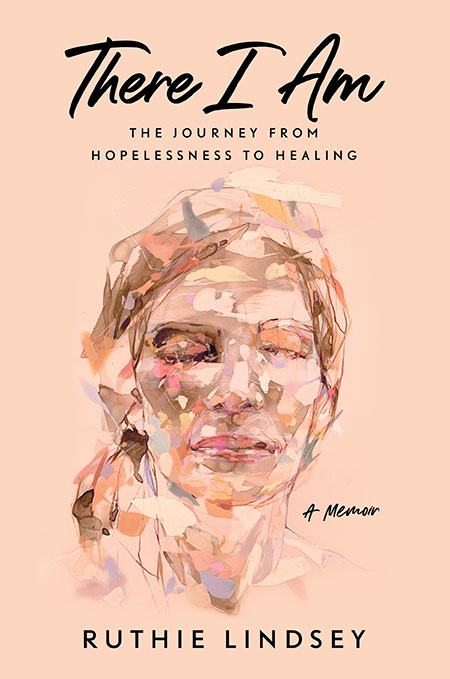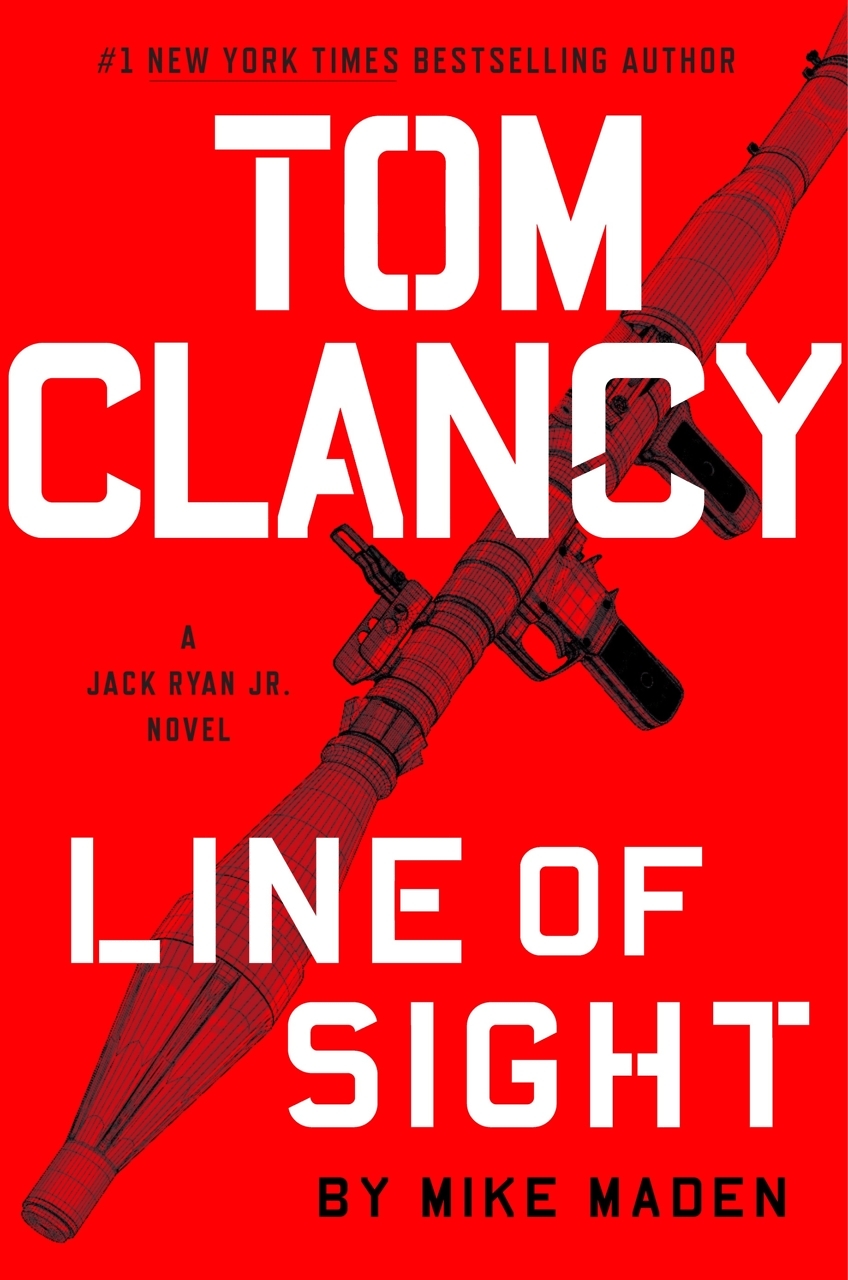To Thrive on Exhilaration
A new historical novel by The Paris Wife’s Paula McLain recounts the headlong flight of Beryl Markham
There are some people for whom society’s rules are a very poor fit. Beryl Markham, the first woman to fly solo from England to North America, was one of them. In ecstatic prose, with language as lyrical as Isak Dinesen’s Out of Africa, Paula McLain paints the life of this iconoclastic, independent woman who found the social order far more perplexing than the natural world she adored.
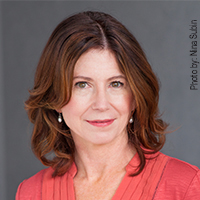 Circling The Sun is the latest novel by McLain, author of bestseller The Paris Wife. This time, to great effect, she’s chosen to focus not on the helpmeet of a famous person but on the courageous groundbreaker herself. A citizen of Great Britain, Markham was two when her family moved to Kenya; at four she was abandoned by her mother to be raised solely by her father. In McLain’s telling, Beryl’s father let her run wild on their picturesque horse farm in the Rift Valley, and she soon grows as rangy and free as the African grasses that McLain describes here so exquisitely. Beryl hunts with the native Kipsigus, grows very close to a Kip boy (who remains her friend for life), and develops an intuition for healing wounded thoroughbreds. At the age of sixteen, she becomes the first woman in Africa to procure a horse-trainer’s license, and she goes on to launch any number of successful racehorses.
Circling The Sun is the latest novel by McLain, author of bestseller The Paris Wife. This time, to great effect, she’s chosen to focus not on the helpmeet of a famous person but on the courageous groundbreaker herself. A citizen of Great Britain, Markham was two when her family moved to Kenya; at four she was abandoned by her mother to be raised solely by her father. In McLain’s telling, Beryl’s father let her run wild on their picturesque horse farm in the Rift Valley, and she soon grows as rangy and free as the African grasses that McLain describes here so exquisitely. Beryl hunts with the native Kipsigus, grows very close to a Kip boy (who remains her friend for life), and develops an intuition for healing wounded thoroughbreds. At the age of sixteen, she becomes the first woman in Africa to procure a horse-trainer’s license, and she goes on to launch any number of successful racehorses.
Though her youth is wild and beautiful, it leaves her unprepared for adulthood and society’s censures. Beryl is nearly six feet tall, an alluring blonde, and men are drawn to her long before she’s old enough to understand their dangers. And her distracted father fails to protect her. From her disastrous first marriage at sixteen through scandalous relationships pursued merely for financial survival, she eventually finds a tenuous love in hunter and pilot Denys Finch-Hatton, who is as free-spirited as she. At the time of their first liaison, he is entangled in a deep, complex affair with Karen Blixen (the real name of Isaak Dinesen).
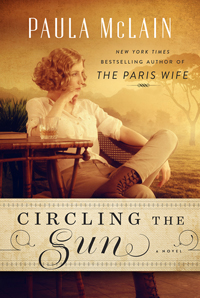 Despite her admiration for Blixen, who runs a coffee plantation by herself—and McLain portrays her as a splendid woman here—Beryl cannot deny the lure of the rugged Finch-Hatton. But as she learns, two free birds rarely find ease in flying as one: “We can only go to the limits of ourselves,” she reflects. “I’ve learned that if nothing else. Anything more and we give too much away. Then we’re not good to anyone.”
Despite her admiration for Blixen, who runs a coffee plantation by herself—and McLain portrays her as a splendid woman here—Beryl cannot deny the lure of the rugged Finch-Hatton. But as she learns, two free birds rarely find ease in flying as one: “We can only go to the limits of ourselves,” she reflects. “I’ve learned that if nothing else. Anything more and we give too much away. Then we’re not good to anyone.”
Markham’s autobiography, West with the Night, focused primarily on her later life. Except for the bookend of Markham’s groundbreaking transatlantic flight, McLain chooses to spotlight her protagonist’s life before she became a pilot. In an afterward, McLain writes that at the age of four she too was abandoned by her mother. She believes the pain of that desertion creates a link which clarified for her some of the real Markham’s more puzzling decisions. And indeed, McLain does a heroic job of helping us understand the sometimes foolish, sometimes selfish choices that Beryl makes in this novel.
But a childhood in which adventurousness is rewarded may also explain Beryl’s unceasing willingness to take dangerous risks. Her perilous riding during pregnancy creates a rift in her second marriage to Englishman Mansfield Markham, one of the few relationships she hopes to sustain. “You’ve never been afraid of anything, have you?” her father asks her near the end of the book. “I have, though,” she says. “I’ve been terrified…. I just haven’t let that stop me.”
Reflecting on the girl she was, Beryl says, “I had forged her myself, out of brokenness, learning to love wildness instead of fearing it. To thrive on the exhilaration of the hunt, charging headlong into the world even—or especially—when it hurt to do it.” It is a true pleasure to witness her headlong flight via the sure and bewitching pen of Paula McLain.
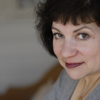
Jennie Fields received an M.F.A. in creative writing from the University of Iowa Writers’ Workshop and is the author of four novels: The Age of Desire, Lily Beach, Crossing Brooklyn Ferry and The Middle Ages. She lives in Nashville.
